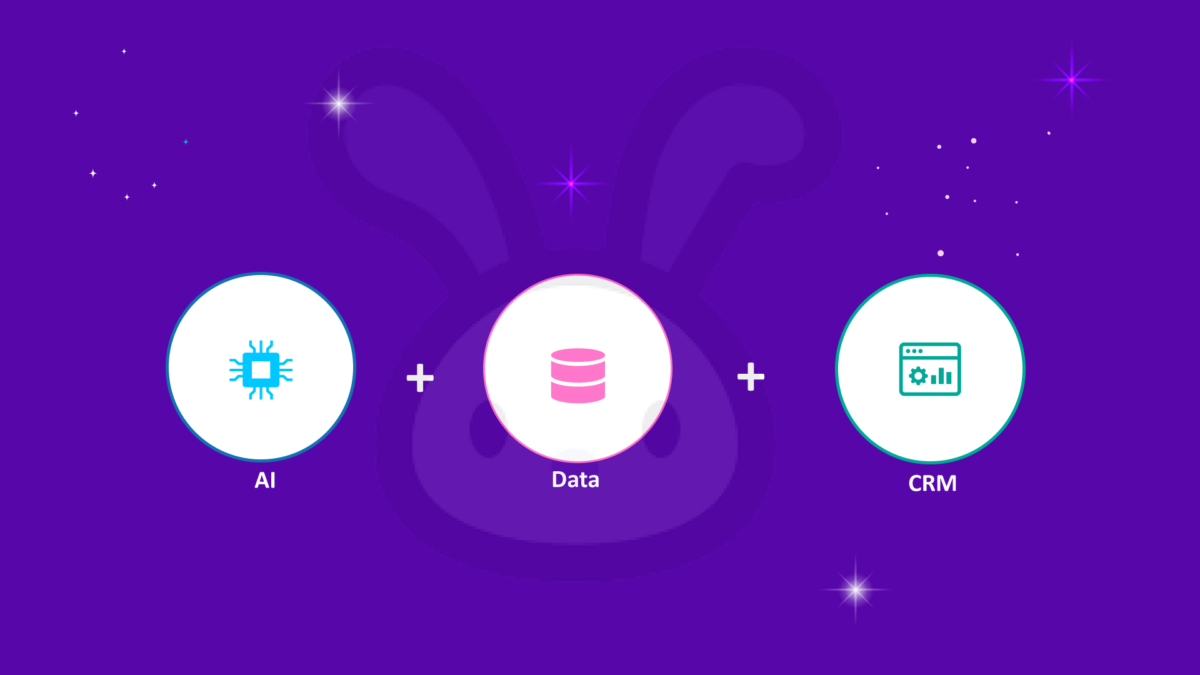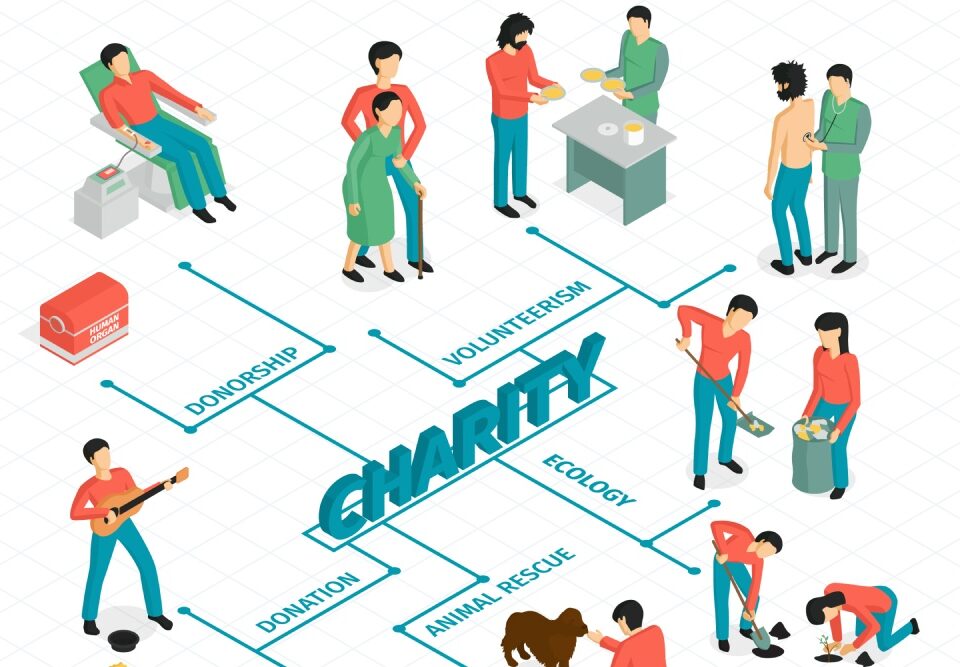British mathematician Mr. Clive Humby famously quoted “Data is the new oil” in the year 2006, and with businesses producing more data than ever this phrase will stand true for many more years to come.
With exponential growth of data that will be generated going forward, how well businesses handle this to their advantage determines their success. This data when processed, analyzed and utilized efficiently will offer a great value.
Data coupled with Artificial Intelligence is the new magic potion for success. Customer relationship management (CRM) is one of several business processes that can be improved by combining the two. Businesses can now get insights into customer behaviour which were previously not possible by blending huge volumes of data that organisations collect with the capabilities of AI
To know the impact/difference of Data + AI we can think of CRM before and after the advent of AI.
Before the advent of artificial intelligence (AI), CRM process is largely based on;
- Siloed Data: Customer data stored in different systems across the organization, making it difficult to get a complete view of the customer for employees in each department.
- Manual Tasks: Tasks were largely manual, requiring employees to either enter data or initiate the process. This was time-consuming and error-prone.
- Limited Reporting: Reporting capabilities were limited, making it difficult to track the effectiveness of CRM efforts.
- Limited Analysis: It was difficult to analyse, identify trends and patterns with the incomplete customer data.
The advent of AI has revolutionized CRM
Here are some of the key benefits of using AI in CRM:
- Inter connected Data: The data from different sources, such as sales, marketing, and customer service is combined into a single view of the customer. This allows organizations to get a complete and accurate understanding of each customer
- Personalized experiences: Personalised experiences can be made with the use of AI to recommend products or services to customers based on their past purchases or browsing history.
- Better insights: Gain insights into customer behaviour that can be used to improve marketing campaigns, customer service, and product development.
- Automated tasks: Automate several manual tasks involved in CRM, such as lead scoring, marketing campaigns, approvals when certain conditions are met etc. This frees up employees to focus on more strategic tasks.
- Increased efficiency: Increase the efficiency of CRM processes which can lead to reduced costs and improved customer satisfaction.
Salesforce Data Cloud is an integrated real time data platform that combines the capabilities of data unification and AI to provide a wholesome product for personalised customer experiences.
“It is the World’s first integrated business user friendly data cloud which lets you to harmonize, normalize and really create that single source of truth about your customer, accounts and business, and create insights with tools of your choice and use them where you need to create great customer experience”. — Mularidhar Krishnaprasad (MK) EVP, Salesforce
Few examples of use cases where Data Cloud can be used for better outcomes;
- Based on the consolidated customer profile’s behaviour on website promote or recommend products to increase revenue.
- Use the consolidated or unified profile of customer to track case history and interactions with call or service centre to improve customer satisfaction scores (CSAT).
- With AI based insights create personalised journeys on product or service offerings to each customer with cost effective methods eventually reducing operations costs.
- With shared single source of truth data all departments (marketing, sales, service etc) in an organisation can work with the same data, there by improving organisational efficiency.
If you’re interested in knowing more about Salesforce Data Cloud reach out to us on info@megnity.com




